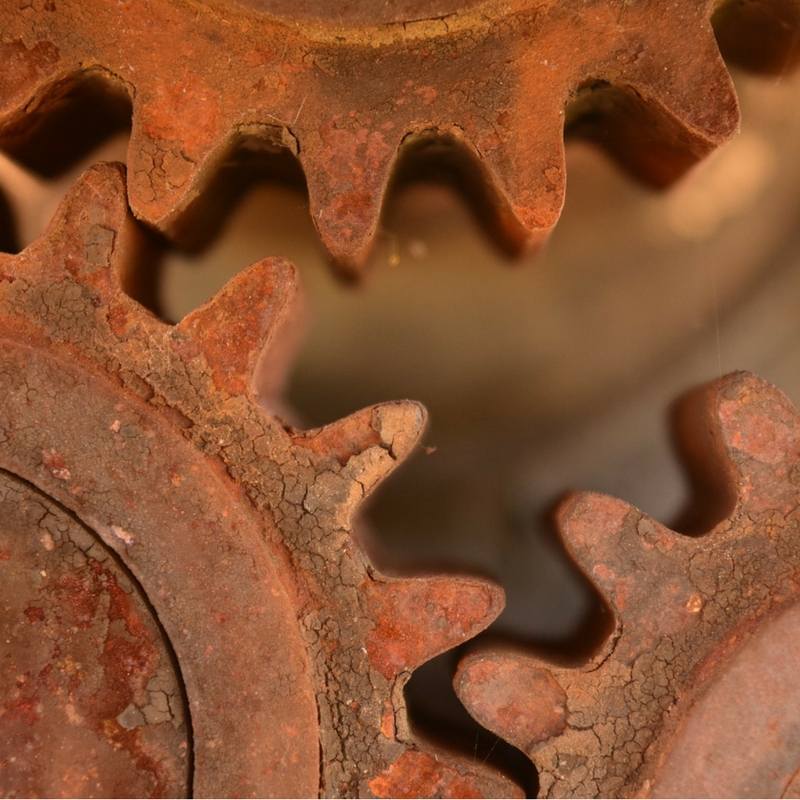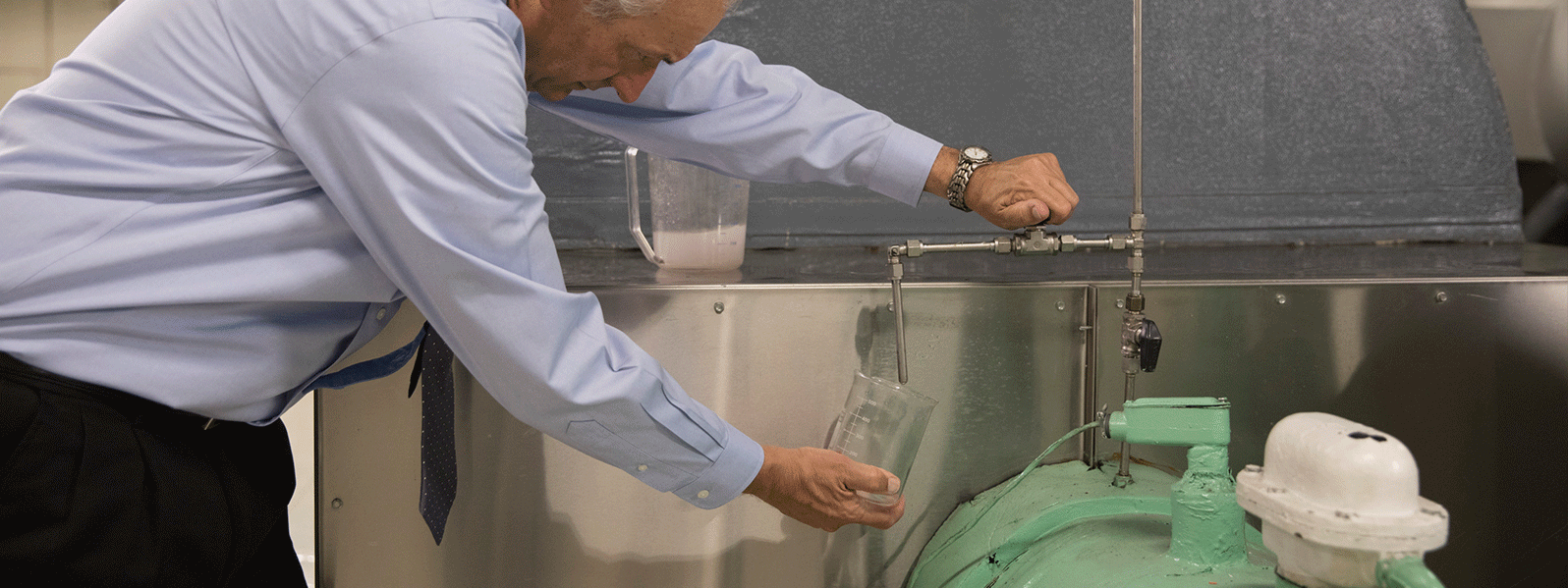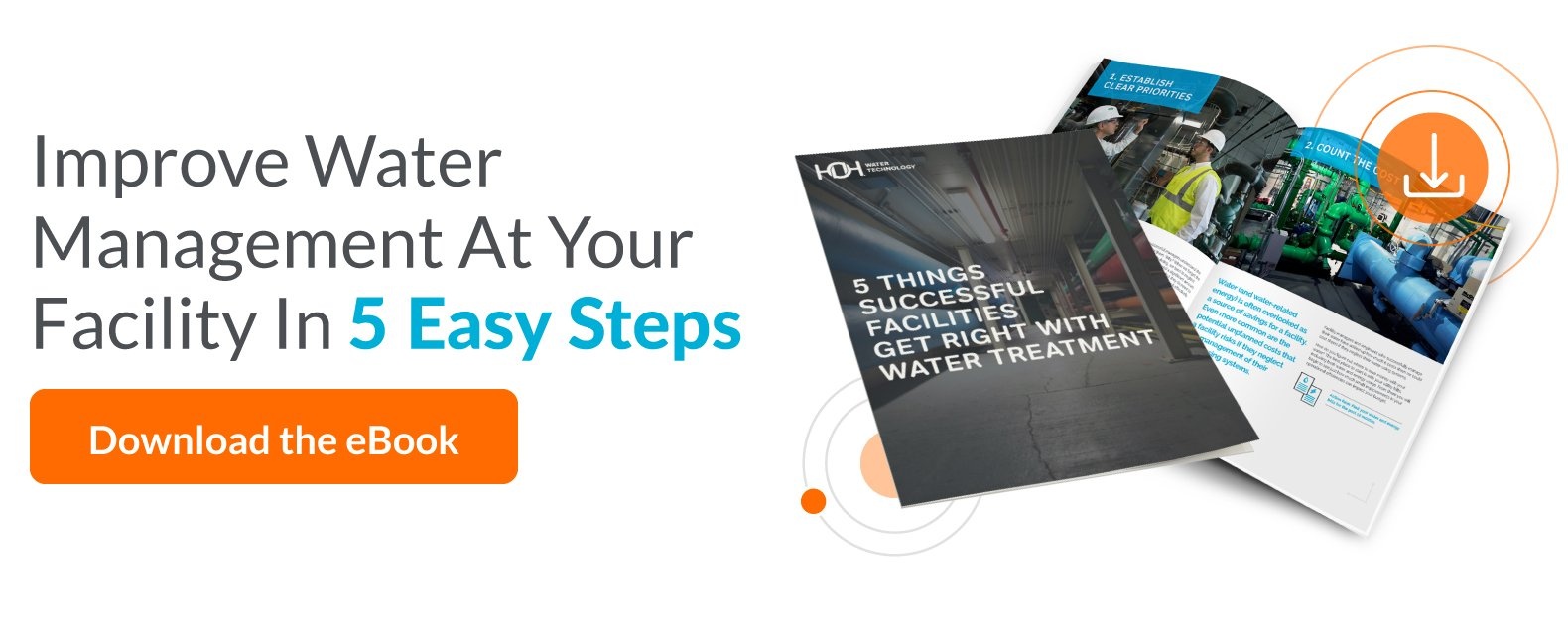
 If you live in the snow belt, you’re familiar with seeing cars driving around with rust spots on window seams, doors, and rocker panels. Not only is this unsightly, it also degrades the performance of the sound deadening and structural integrity of the impacted vehicle. Your water system is susceptible to many of the same issues as that car destined for the scrap heap.
If you live in the snow belt, you’re familiar with seeing cars driving around with rust spots on window seams, doors, and rocker panels. Not only is this unsightly, it also degrades the performance of the sound deadening and structural integrity of the impacted vehicle. Your water system is susceptible to many of the same issues as that car destined for the scrap heap.
4 Common Types of Corrosion
Uniform Attack – a corrosive element is thinning the metal across a large area
Pitting – localized, intense corrosion, leads to unforeseen failures
Intergranular Corrosion – localized depletion of an element which gathered along grain boundaries in an alloy
Erosion Corrosion – The combination of a corrosive fluid and abrasion such as found in mechanical water pumps and certain radiators.
Of the four types of corrosion listed above, some are the result of metallurgical deficiencies making the equipment more susceptible to rust or corrosion over alternative and possibly more costly alloys.
How To Reduce Corrosion In Your Equipment
While some alloys will be more susceptible to corrosion, there are steps you can take to reduce the speed at which corrosion takes place:
- Use sacrificial metals – This is commonly applied as a protective coating that will degrade over time, however preventing the corrosive fluid, in this case, water, from attacking the main structure.
- Zinc or Magnesium Blocks – By adding blocks of these softer metals to the environment the effect is your equipment’s alloy is largely ignored while the soft metal blocks are etched and experience a uniform attack.
- Apply Primer – Most new equipment will come with either a zinc coating or a corrosion-repellant primer coating all surfaces designed to be submerged throughout operation.
- Impressed Current – Impressed current equipment is designed to create a reverse current to counteract the corroding current.
Anti-Corrosion Considerations
Before deciding on the anti-corrosion process you’re going to employ—be it coating, impressed current, or sacrificial metals, it’s important to work with a mechanical engineer and water treatment specialist to ensure your counter-corrosion activities don’t hinder the operation of the equipment.
Recent Blog Posts

A Glycol Buying Guide for Closed Loops

Five Ways to Increase the Efficiency of Your Closed Loop System

